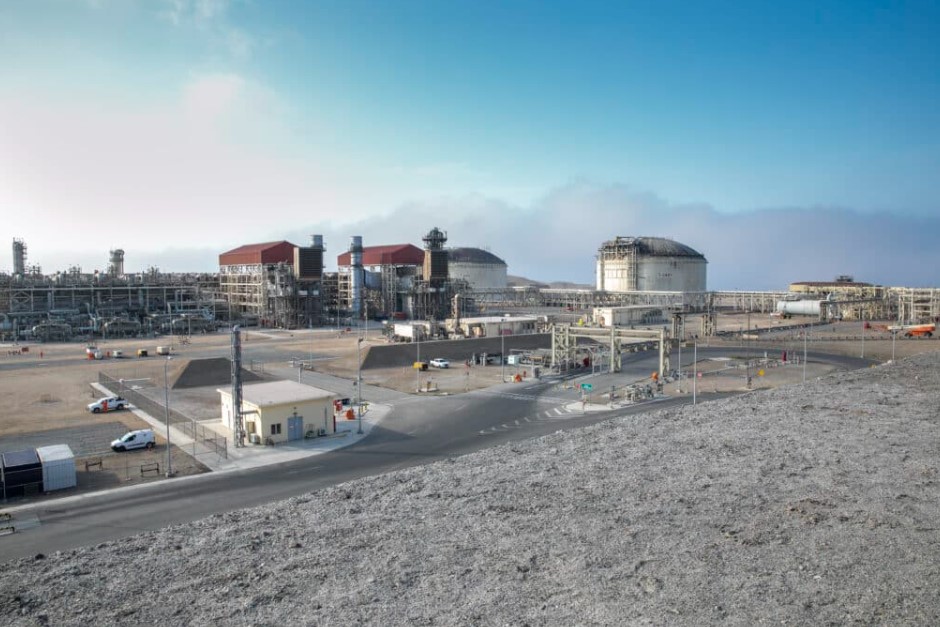This story requires a subscription
This includes a single user license.
According to the shipment data by state-owned Perupetro, during August the 4.4 mtpa LNG plant sent two shipments to the UK and one shipment each to China and Japan.
The shipments loaded onboard the LNG carriers Orion Jessica, Orion Bohemia, Barcelona Knutsen, and Paris Knutsen equal about 262,821 tonnes, the data shows.
These four LNG cargoes loaded at the Peru LNG plant last month compare to just two cargoes in August last year when the plant was undergoing scheduled maintenance, while Peru LNG shipped four LNG cargoes in July and four LNG cargoes in June.
The Peru LNG plant sent seven LNG cargoes in a row to the Dutch Gate LNG import terminal in the port of Rotterdam since the end of May and until mid-July, the Perupetro data previously showed.
Before these shipments, Gate received a cargo from Peru in September 2023 and has never received more than two cargoes shipped from the Peru LNG facility in a row.
LNG giant Shell holds 20 percent in Peru LNG and offtakes all the volumes. Shell also has long-term regasification capacity booked at the Gate facility owned by Gasunie and Vopak.
US-based Hunt Oil holds a 50 percent operating stake in the Pampa Melchorita LNG plant, while MidOcean Energy and Marubeni have 20 percent and 10 percent, respectively.
MidOcean Energy, the LNG unit of US-based energy investor EIG, completed in April its previously announced purchase of the 20 percent stake in Peru LNG from a unit of South Korean conglomerate SK.
Peru LNG plans to boost number of shipments this year
Peru LNG increased its exports last year compared to the year before, and it also expects to boost the number of shipments in 2024.
The terminal loaded 55 vessels in 2023, compared to 51 vessels in 2022.
It expects to load 60 vessels in 2024.
According to Peru LNG’s 2022 annual report, the plant loaded more than 60 vessels only in 2016 and in 2017.
In 2021, 38 vessels berthed to load LNG at the plant, 55 vessels in 2020, 58 vessels in 2019, 57 vessels in 2018, 64 vessels in 2017, 70 vessels in 2016, 56 vessels in 2015, 60 vessels in 2014, 57 vessels in 2013, 53 vessels in 2012, 55 vessels in 2011, and 23 vessels in 2011 when operations began.

